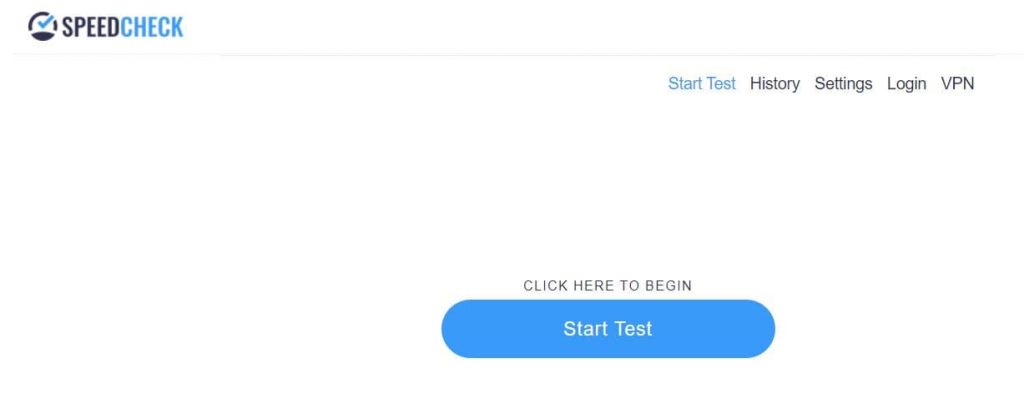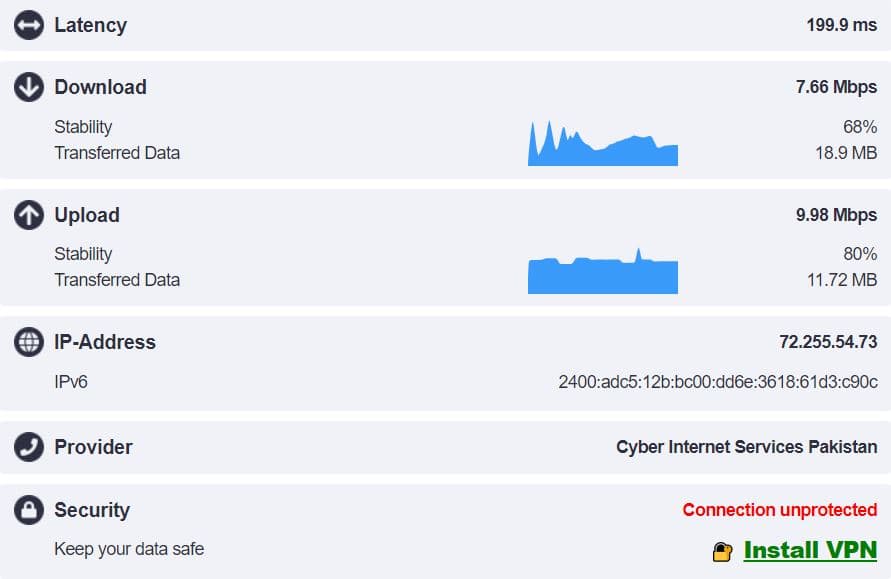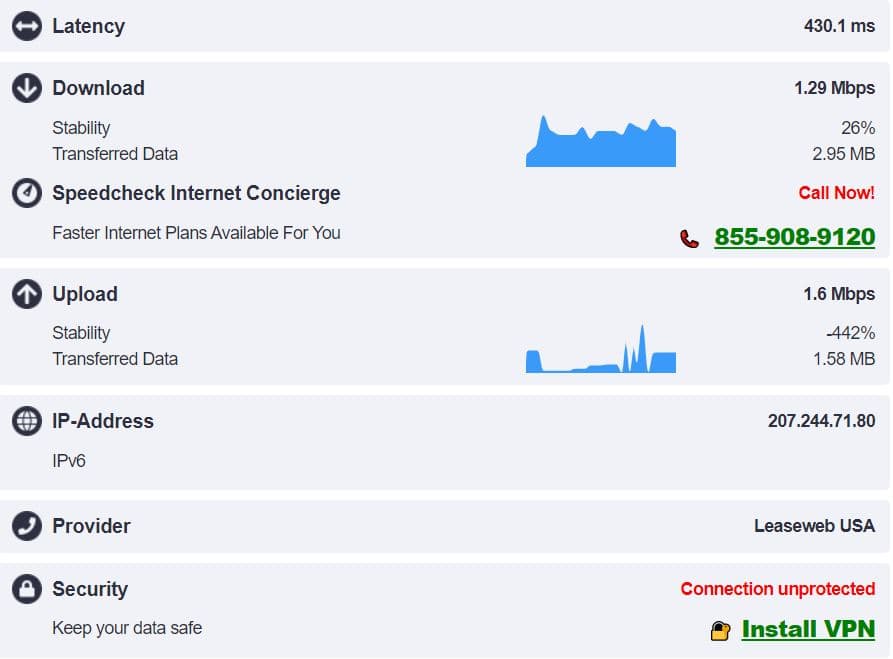Almost every major free VPN service is a glorified data farm that collects information and shares it with advertisers.
There’s a famous adage that states, “if you’re not paying for a service, then perhaps you are the product.” This couldn’t be truer today when we see different social media platforms profiteering off user-generated content from all sides.
But, what about free VPNs (virtual private networks)? Would they fall into the same league and so is it a bad idea to use free VPN available out there? Turns out yes and we’ve got plenty of reasons to say so.
Firstly, free VPNs are known to collect user data, often without the knowledge of users through shoddy privacy policies for instance Hotspot Shield made headlines for the same reason. This compromises the very reason that one would use a VPN of protecting their identity.
Suppose, a VPN does not do so, there’s a very good chance regardless that they may not have the resolve built into their organization (a no-logs policy) which would resist giving your data to legal authorities once they come knocking.
Therefore, your IP address may be very well protected while you are using the VPN but once the government asks for it, they won’t hesitate in sending it over – not so good, is it?
See: 7 VPN firms with no-logs policy end up exposing 1.2 TB of user data
Secondly, in order to run a free service, there needs to be a way for such service providers to finance themselves. An easy way to do so is through ads that bring along another risk – malicious ads that can harm your security. This is why it’s important to remain vigilant about this, even most malicious extensions are packaged as free to attract users.
Thirdly, the speed factor. Free VPNs are known to be much slower than their paid counterparts and this is really no secret, you can check it for yourself. For example, if I was using a VPN, I could easily check my internet speed by using Speedcheck or any other internet speed check sites. This would allow users to compare their connection speed before and after using a VPN.
I’m doing this without a VPN to compare the results afterward. As shown below, I’m presented with a complete report regarding my latency, download speed, upload speed, and even my IP address:
Now, to see how my speed is affected after using a free VPN – Browsec in this case – I’ll give the speed test a go again:
The results as seen are pretty oopsie by all accounts:
- Latency increased from 199.9 ms to 430.1 ms – the larger it is, the more time is taken to transfer data between 2 points.
- Download speed fell from 7.66 to 1.29 Mbps
- Upload speed fell from 9.98 to 1.6 Mbps.
This makes it pretty obvious how your internet speed is affected by merely using a free VPN which does not focus on providing you access to a nearby server.
The Way Forward
Avoid free VPNs altogether — while many claims to be offering their services with charitable intent, that is far away from the truth. Pretty much every real free VPN service has an agenda: to gather and sell your data. In other words, they are glorified data farms. To get started, you can check out a list we compiled of the best VPNs for you.
Did you enjoy reading this article? Don’t forget to like our page on Facebook and follow us on Twitter!



